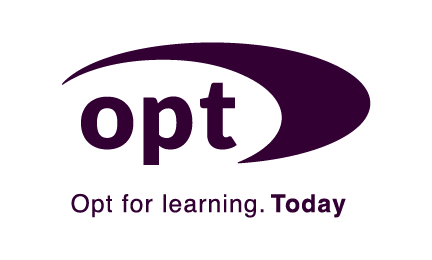 “I ask people that have been here a long time, but what if they don’t get it in the first place, or it’s been changed since they were told.” “You follow the leader, but what if the leader doesn’t know and isn’t doing it right?”
“I ask people that have been here a long time, but what if they don’t get it in the first place, or it’s been changed since they were told.” “You follow the leader, but what if the leader doesn’t know and isn’t doing it right?”
Without a workforce voice, misinterpretations, inappropriate patterns of behaviour and missed opportunities for continual improvement and growth can become the norm. A demotivating and potentially costly climate with low productivity, unclear standards, inferior quality, ambiguous procedures and interpersonal conflict as a matter of course.
The line manager is, naturally, the communication linchpin. Leading by example, providing clear, accurate information and guidance to ensure roles are carried out effectively, knowledge of procedures and, at the same time, approachable and open to suggestions, would, it is safe to say, be a few of the essential criteria in any employee’s good manager wish list.
The key to ensuring line managers meet these criteria does, of course, sit with senior leadership commitment to a workplace culture open to enquiry and involvement, to support business growth and workforce development. Productive and harmonious working relationships and constructive problem solving, for example, require employees confident and able to ask questions, raise concerns and offer feedback on the way things are done. In other words, an environment where there is a place for the employee voice.
Responsible management practices that extend communication channels, in both individual and group settings, to encourage employee involvement can create the space for rewarding dialogue, including views, ideas and how to resolve practical difficulties. Team meetings, one to ones, project teams, emails and surveys are some of the potential channels available.
Genuine commitment from senior leadership to a carefully selected set of channels that suit the organisation and empower the employee voice would also need a workforce equipped with the knowledge and skills to facilitate dialogue and steer continual improvements.
Workforce development, to build knowledge and skills around representative participation is also worthy of consideration. An understanding of roles and responsibilities as shared interests are explored and resolved in a framework that may include trade unions, employee representatives, professional bodies, employee forums, joint consultative committees and works councils.
Embedding the workforce voice in your organisation requires careful consideration. Exploring appropriate and effective channels within your ways of working, plus training and support for line managers and employees. Pivotal to success is the space to research, ask questions, make suggestions, evaluate, monitor and improve from the base of healthy communication between managers, teams and individuals. A worthwhile investment to ensure high quality knowledge and information sharing throughout the organisation.



